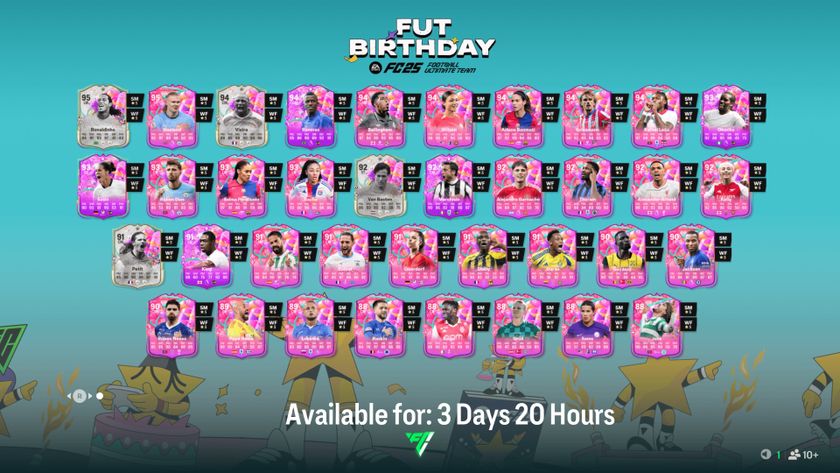I've never played Fallout, where's the best place to start?
Video games have their share of long and storied franchises. But around the seventh or eighth sequel, it can be difficult for newcomers to know where to start. These guides will point you in the right direction. Maybe you'll even find a new favorite.
The tricky thing about Fallout is that it has three good places to start. A purist would tell you to start with the original Fallout - an isometric, turn-based strategy game released on the PC in 1997. A pragmatist would counter by suggesting Fallout: New Vegas - the 2010 shooter from Neverwinter Nights developer Obsidian Entertainment. Both are fantastic games filled with tactically rewarding combat and plenty of dark humor, but if you've truly never played a Fallout game before then you're better off starting with Fallout 3. Here's why:
Fallout 3 gives you a tremendous amount of freedom. This is a staple of the Fallout series: being able to custom tailor your character to fit your play style. Like a newage parent fresh from an Isley Brothers concert, Fallout 3 lets you do what you wanna' do. Whether that's becoming a thieving rogue or a master of heavy weaponry, this game is loaded with different skills and perks for you to sample. And those choices will wildly impact how you engage in combat - or if you even need to engage at all.
This freewheeling flexibility permeates almost every aspect of Fallout 3, including how you experience its story. For example: early on it's established that your character is trying to find their father who has gone missing somewhere out in the wasteland. Naturally, you can follow the clues, meet several interesting characters, shoot lots of bad guys, and eventually sleuth out where your father is located. Or you can just accidentally stumble upon it. Whoops. This lets you bypass huge chunks of the game, but Fallout 3 doesn't care. If you want to experience its story, great; but if you want to forge your own path through the wastes that's fine too.

However, Fallout 3 doesn't overload you with choices. This is the main difference between this Fallout and the rest of the series. The first two Fallout games are very light on tutorials and explanation on how the game works, because that's just how games were in the early '90s. Meanwhile, Fallout: New Vegas takes the designs of Fallout 3 and staples on tons of new systems and mechanics to keep track of, which I'll touch on later. Fallout 3 is that harmonious middle ground. It's a guided experience that expertly introduces the Fallout universe without leaving you lost in the wasteland.
It strikes a good balance between tactical and cinematic combat. Just like everything else in this game, combat in Fallout 3 can be tackled a few different ways. You can play it as a standard first-person shooter, a turn-based strategy game, or a mix of both. The strategy element comes from the game's VATS system, which lets you pause the action and queue up attacks to play out in the next "round" of combat. Of course, the best part about VATS is the heavy KA-THUNK KA-THUNK KA-THUNK you hear as combat plays out in dramatic slow-mo. Entire fights can be handled in VATS, or you can switch to it on the fly if you're feeling overwhelmed or just want to get a sense of what you're up against.
Fallout 3's plot may very well tie in with Fallout 4. A while back, we did a breakdown of all the concept art released so far for Fallout 4. If you scroll through those slides you'll notice there's a lot of water in Fallout 4's environments. Not only that, but take note of the third slide from the end, where the protagonist and his dog are wading through a swamp. Doing something like that in previous Fallout games would be suicide due to the water's high radiation levels (unless you gobbled up a lot of RadAway). Now, without getting too spoiler-y, one of the major plot points in Fallout 3 is a water purification system called Project Purity. Could it be responsible for all the agua fria seen in this artwork?
Sign up to the 12DOVE Newsletter
Weekly digests, tales from the communities you love, and more
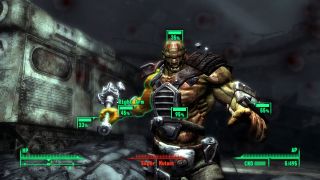
Like a newage parent fresh from an Isley Brothers concert, Fallout 3 lets you do what you wanna' do.
Once you finish Fallout 3, where should you go next? There is a pretty clear fork in the road here, depending on what you want to get out of the Fallout series:
Fallout If you enjoyed Fallout 3 and want to know more about the Fallout series as a whole - and see where it all began - then go back to the original. The game holds up surprisingly well despite being almost 20 years old, and its grim sense of humor is just as funny today as it was back then. And because you've already finished Fallout 3, you will already know a lot of the "rules" of the Fallout universe, such as how stimpaks work and how you shouldn't try and steal from everyone you meet.
Fallout: New Vegas If you enjoyed Fallout 3 and just want more Fallout 3, dammit then hit up New Vegas. While not a direct sequel to its predecessor, New Vegas looks the same and plays the same with several notable additions. The crafting system has been expanded to include craftable ammo types and food. There are factions for you to join and pit against each other. Several new skills (including some new moves for unarmed players) to round out your character. And the hardcore mode that makes the game more like a survival sim where you have to manage calorie intake and fatigue. It's definitely Fallout 3 and more, but you should still start with Fallout 3 so you can fully appreciate what's new in this game.

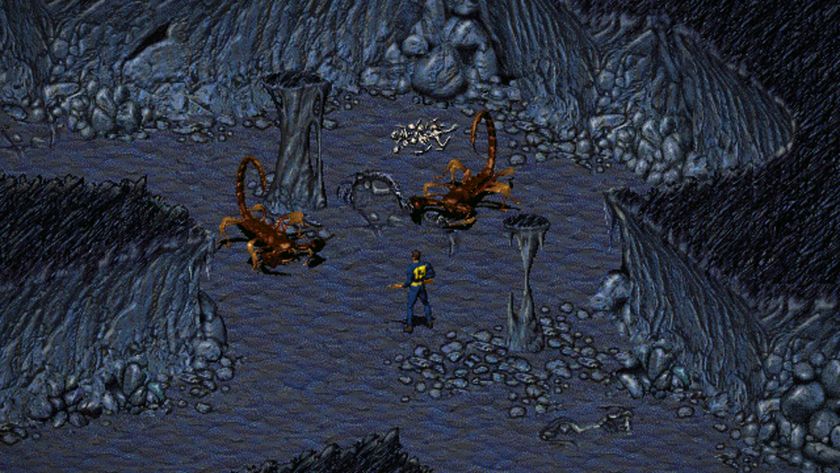
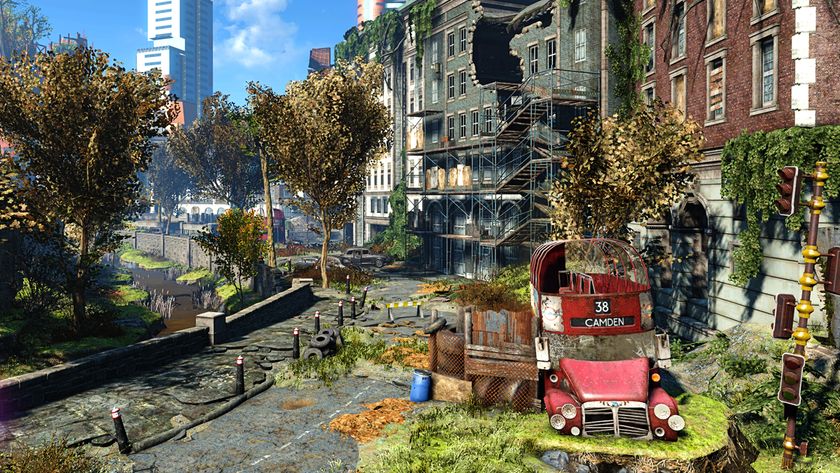
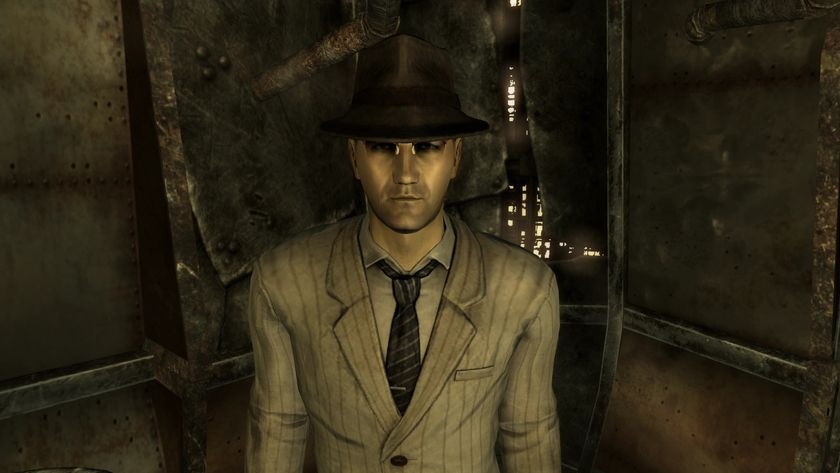
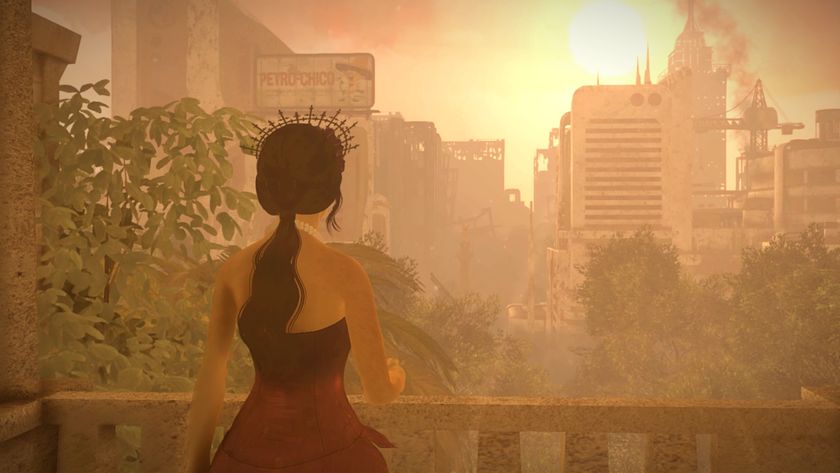
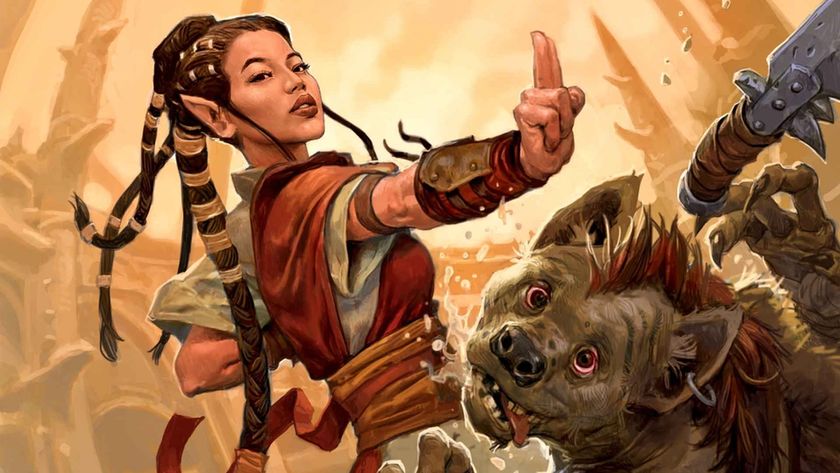







Original Fallout creator says he "pushed" for a happy ending with "cake and balloons" instead of the RPG's downbeat finale

Disco Elysium lead says original Fallout is an RPG "that's almost Biblical in its annihilation," making "other post-apocalyptic worldbuilding seem like an amusement park"

